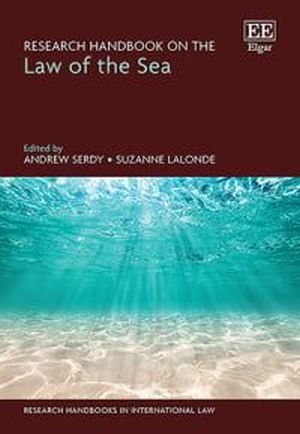
In light of the challenges facing the United Nations Convention on the Law of the Sea and its implementing agreements, this Research Handbook explores how issues including climate change, technological developments, and increasing geopolitical instability threaten our seas.
Contributing authors undertake a comprehensive examination of the foundational regimes outlined in the Law of the Sea, from traditional rules such as the freedom of navigation on the high seas, to emerging developments such as the issue of unmanned ships. Chapters cover key themes, namely the spatial and substantive limits of maritime zones, the new challenges in navigating the high seas regime, the legal regime for the seabed, emerging issues, and litigating the Law of the Sea. Addressing 19 distinct challenges, both classic and contemporary, this Research Handbook debates whether the existing laws of the sea are still relevant and effective, or whether they require adaptation and revision.
A valuable resource for scholars and students interested in the Law of the Sea, this Research Handbook is of great benefit to those within the fields of international law, international relations and business dependent on the sea and its legal order. Detailing the necessary adjustments and changes in current legal regimes, this Handbook is also an essential read for government officials, counsel members, judges, and arbitrators.